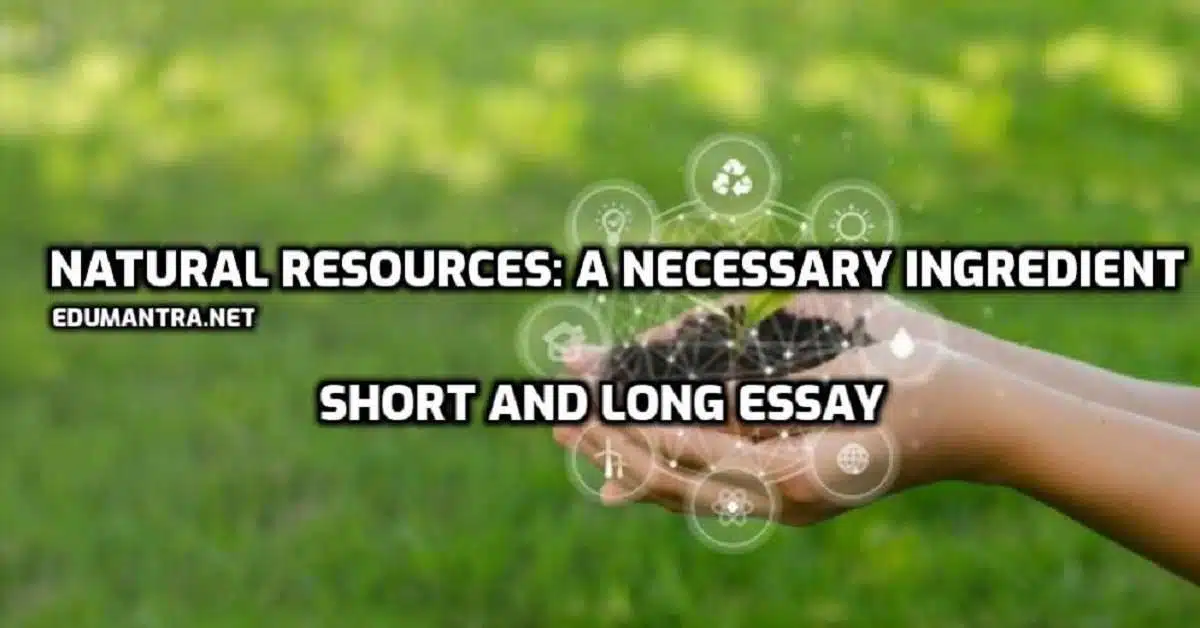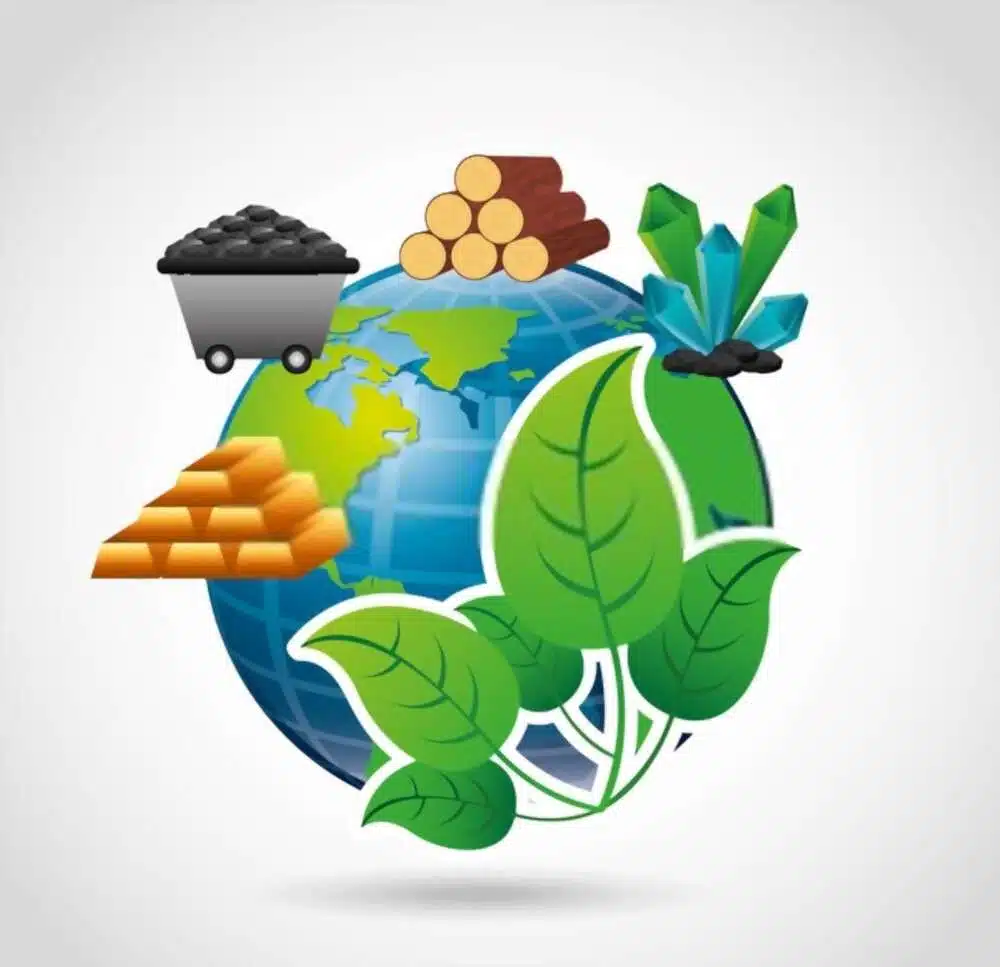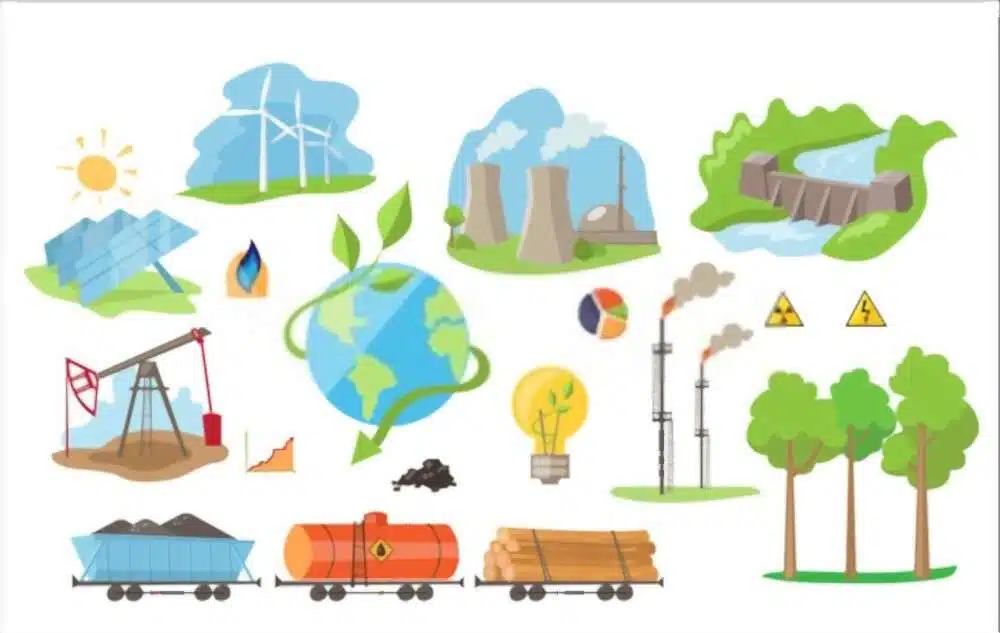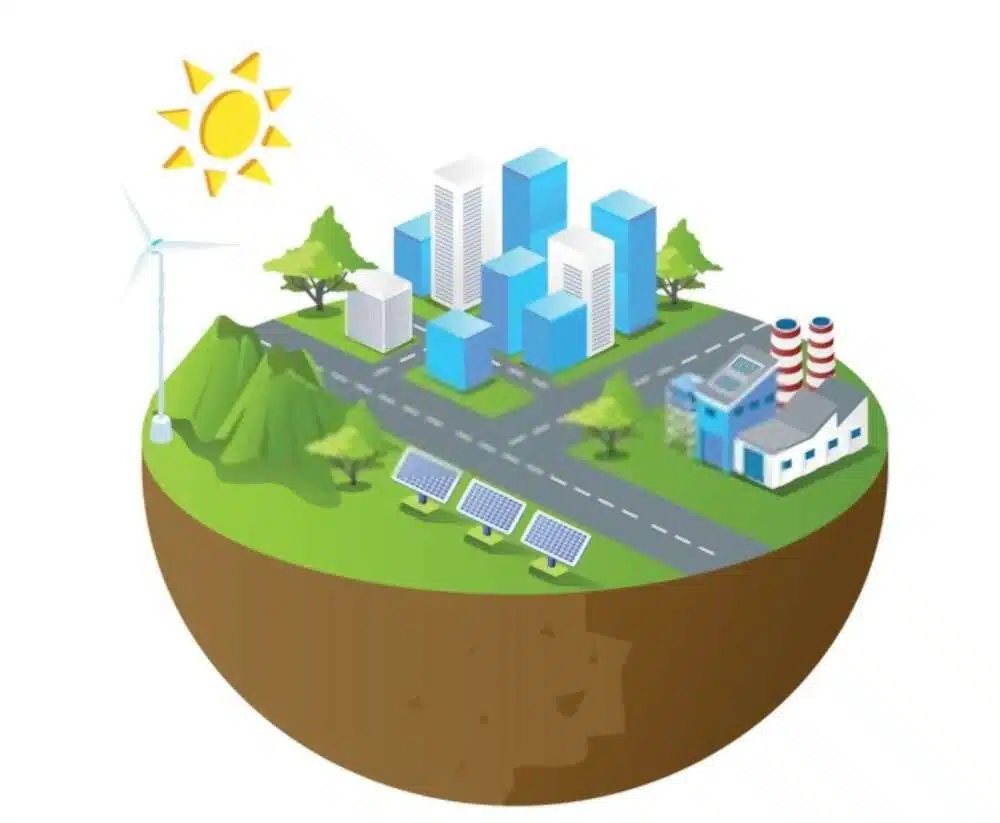
Essay on Natural Resources – Natural resources are the renewable and often non-renewable materials of the Earth that provide for humankind’s needs. Natural resources are a fundamental part of our lives, and the way we use them is crucial to the health of our planet.
Short Paragraph on Natural Resources- 100 Words

Natural resources are vital to our existence, and their conservation is essential for the health of our planet. By taking care of our natural resources, we can ensure that they will be around for generations to come. We must all do our part to protect these valuable assets, and it starts with each one of us doing our small part. Thank you for reading this essay on natural resources. I hope it has inspired you to do your part in preserving these vital assets. We need to be proactive in preserving these resources so that future generations can enjoy them as well. With proper management and conservation, we can ensure that our natural resources will be around for years to come.
Essay on Natural Resources 150 Words

Natural resources are those that occur naturally without the intervention of humans. They include air, water, sunlight, soil, minerals, plants, and animals. Humans depend on natural resources for their survival and well-being. For example, we need air to breathe, water to drink, and food to eat. We also use natural resources to produce the things we need and want, such as clothing, shelter, and transportation.
Natural resources are not unlimited. For example, there is a finite amount of water on Earth. And although the Sun will continue to shine for billions of years. So resources are of two types renewable and non renewable also. That’s why it’s important to use natural resources wisely and conserve them for future generations.
Natural resources are essential to our survival and well-being. We rely on them for food, water, shelter, and many other things. Unfortunately, they are often taken for granted and abused. It is important to be mindful of our impact on the environment and to use natural resources responsibly. We need to do our part to protect these valuable resources for future generations.
Essay Natural Resources- 200 Words

Natural resources are materials and components that can be found within the environment. They occur naturally and can be used for economic development and growth. There are three main categories of natural resources: renewable, non-renewable, and recyclable resources.
Renewable resources are replenished by nature and can be used over and over again. Examples of renewable resources include solar energy, water, wind, and timber.
Non-renewable resources are unable to be replaced or replenished once they have been used. Fossil fuels such as coal and oil fall into this category.
Recyclable resources are those that can be reused or recycled once they have been used. Glass, aluminium, paper, and plastic are all examples of recyclable materials.
The sustainable use of natural resources is essential for the continued health of our planet. We must find ways to conserve these vital materials so that future generations will be able to enjoy them as well.
Natural resources are vital to our survival and well-being. They provide us with the food we eat, the water we drink, and the air we breathe. They also support our economy and provide us with jobs. We need to be good stewards of our natural resources and use them wisely.
Essay on Natural Resources 1000 Words
Introduction
Natural resources are materials and components (something that can be used) that can be found within the environment. Every living thing needs natural resources such as air, water, and food. Non-living things also need natural resources such as minerals and metals. Humans use natural resources for everything from building houses to making the clothing we wear. We rely on natural resources for our survival and well-being.
Unfortunately, we are not always good stewards of these resources. Natural resource depletion is a major problem facing the world today. Depletion occurs when we use up more of a resource than can be replenished.
For example, if we cut down all the trees in a forest and don’t replant any new ones, eventually there will be no trees left. The same is true for other resources such as oil and water. We need to be careful with how we use natural resources so that they will last for future generations. One way to do this is to recycle and reuse materials instead of just throwing them away. Another way to conserve resources is to use energy-efficient products that don’t use as much electricity or fuel. What are some things you can do to help conserve natural resources?
The Importance of Natural Resources
1.Natural Resources are essential for the survival of all species.
2.Natural resources provide many of the materials and products that we use daily.
3. Natural resources play a vital role in the economy, providing jobs and supporting businesses and industries.
4. Natural resources are important for our health and well-being. They provide us with clean air and water, food, and shelter. They also play a role in our physical and mental health, providing us with exercise and opportunities to connect with nature.
5. Natural resources are important for the future of our planet. They provide us with the raw materials we need to sustain life and support economic growth. They also help to mitigate the effects of climate change and protect biodiversity.
The Different Types of Natural Resources
Natural resources can be classified into renewable and non-renewable resources. Renewable resources are those which can be replenished or replaced in a short period of time, such as water, air, forests, solar energy and wind power. Non-renewable resources are those which cannot be replaced or regenerated in a short period of time, such as fossil fuels (coal and oil) and minerals (gold and copper).
The different types of renewable resources are:
1. Solar Energy: Solar energy is the energy generated by the sun. It can be used to produce electricity, heat water, or provide space heating and cooling. Solar energy is a renewable resource as it is endless and will never run out.
2. Wind Power: Wind power is the conversion of wind energy into electricity using wind turbines. It is a clean and renewable source of energy that does not produce pollution or carbon emissions.
3. Hydropower: Hydropower is the generation of electricity from moving water, such as rivers and streams. It is a renewable resource as water is constantly being replenished by precipitation.
4. Geothermal Energy: Geothermal energy is the heat from the earth’s core that can be used to generate electricity or provide space heating and cooling. It is a sustainable resource as it does not produce pollution or carbon emissions.
5. Biomass Energy: Biomass energy is produced from organic materials such as wood, crops, manure
How to Conserve of Natural Resources
There are many ways to conserve natural resources, but it is important to remember that everyone can make a difference. Here are some tips on how you can conserve natural resources:
1. Use less water. Turn the faucet off while brushing your teeth and water your plants during the cooler hours of the day.
2. Reduce, Reuse, Recycle. This mantra can be applied to many items in your life including paper, plastic, and glass.
3. Save energy. Turn off lights when you leave a room and unplug electronics when they are not in use.
4. Buy Locally Grown Food. This supports farmers in your community and reduces the amount of fuel needed to transport food from faraway places.
5. Get Outside. Spend time in nature and appreciate all the incredible resources we have been given.
Conclusion
Natural resources are a vital part of our planet and its inhabitants. Without them, we would not be able to survive. It is important to conserve these resources whenever possible, so that we can continue to enjoy their benefits for generations to come. With a little effort, it is easy to make small changes in our daily lives that can have a big impact on the environment. Every person can make a difference, and together we can protect our natural resources for future generations.